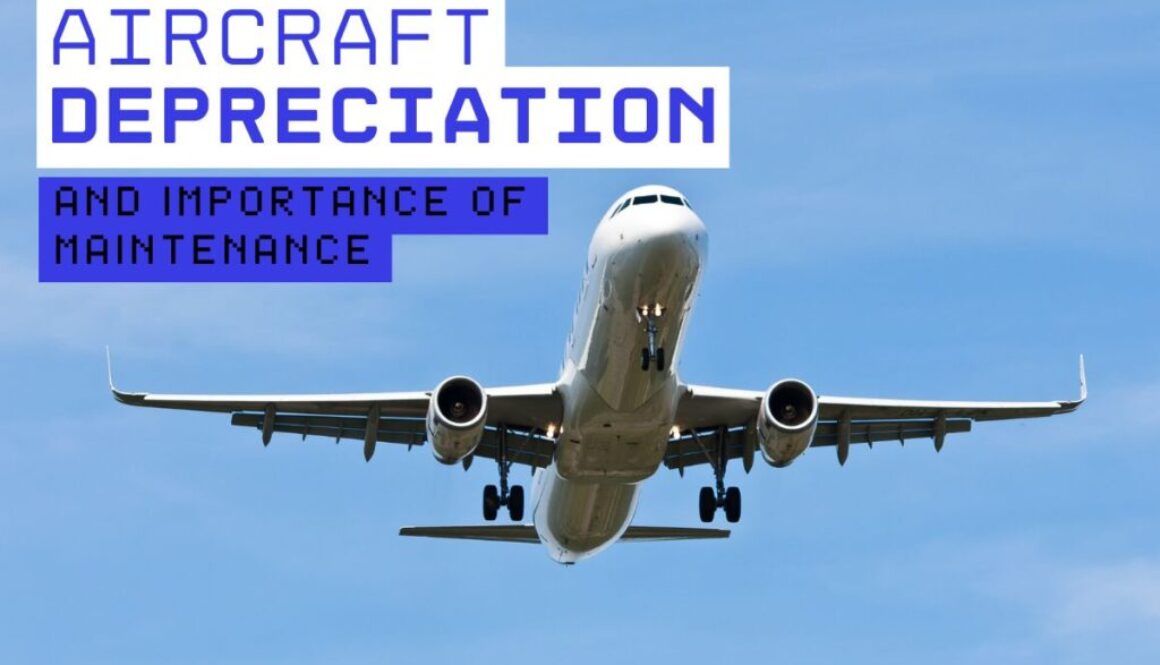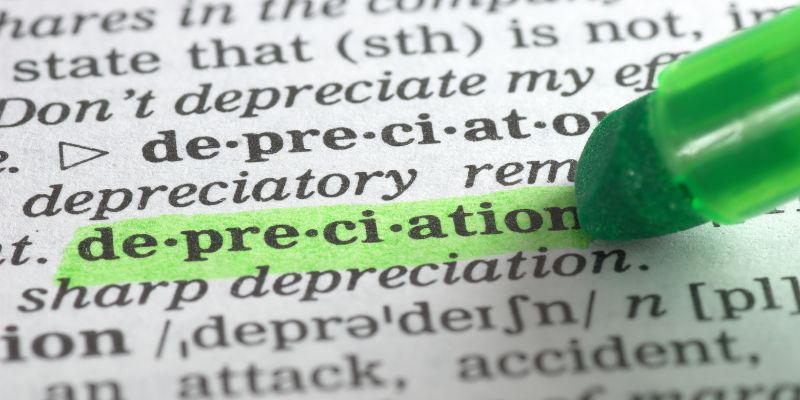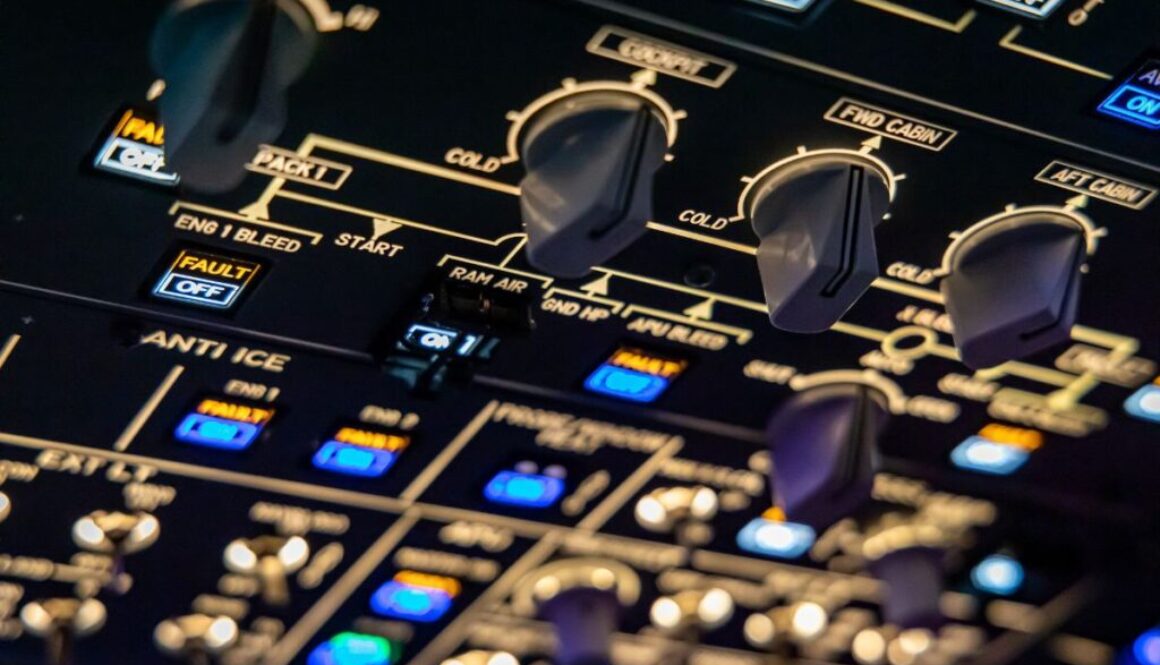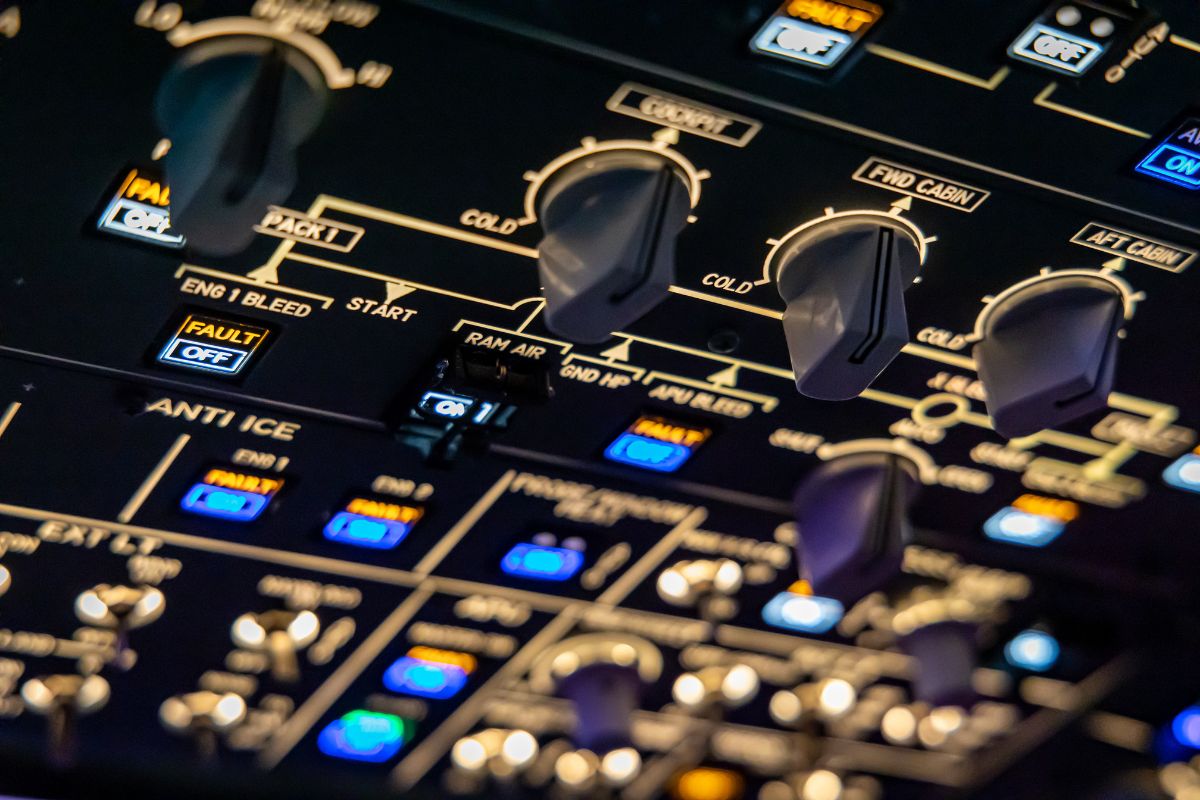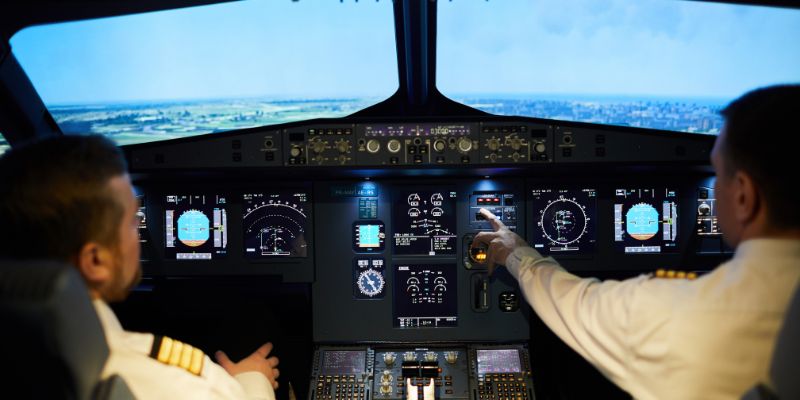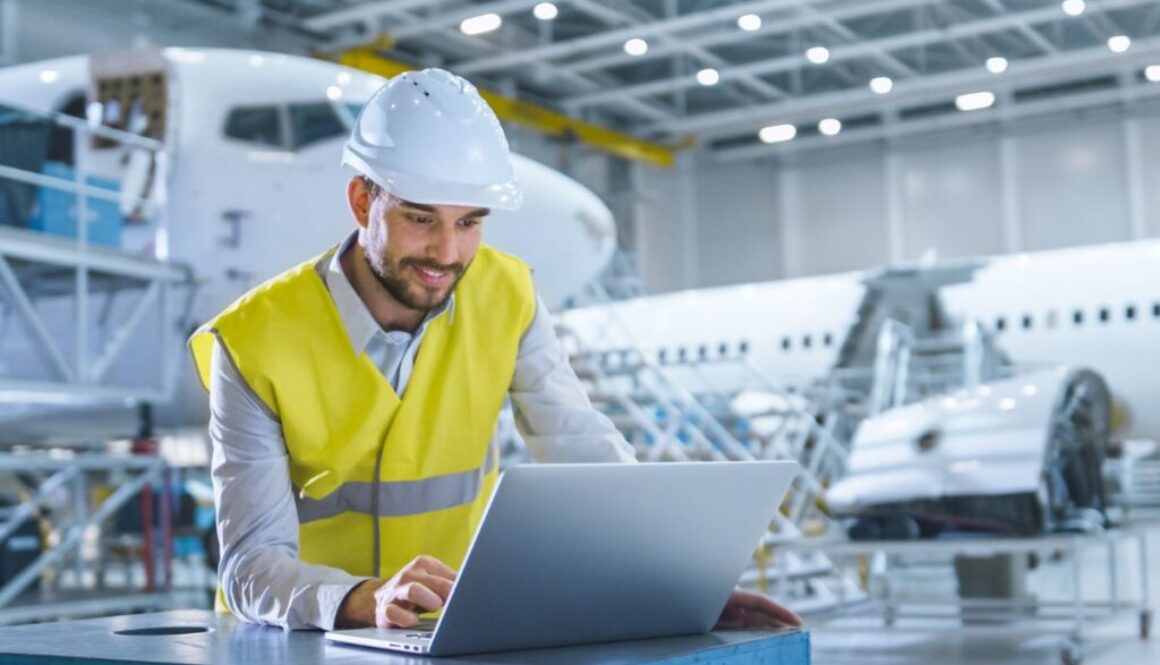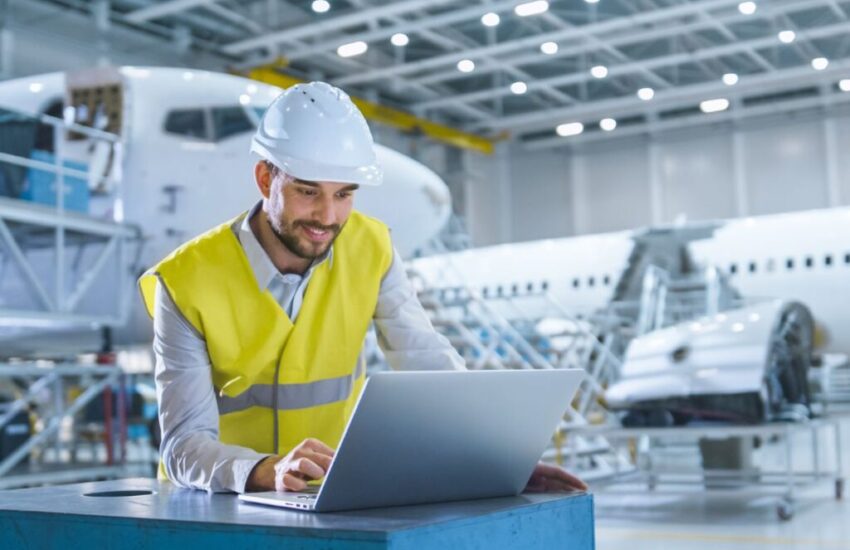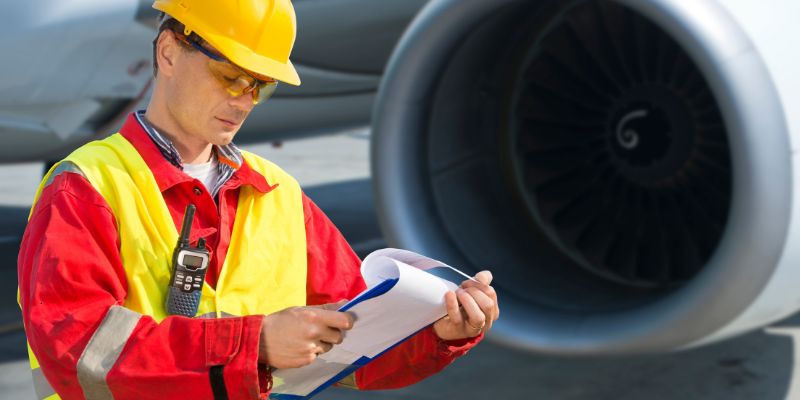Aircraft Depreciation and the Importance of Maintenance
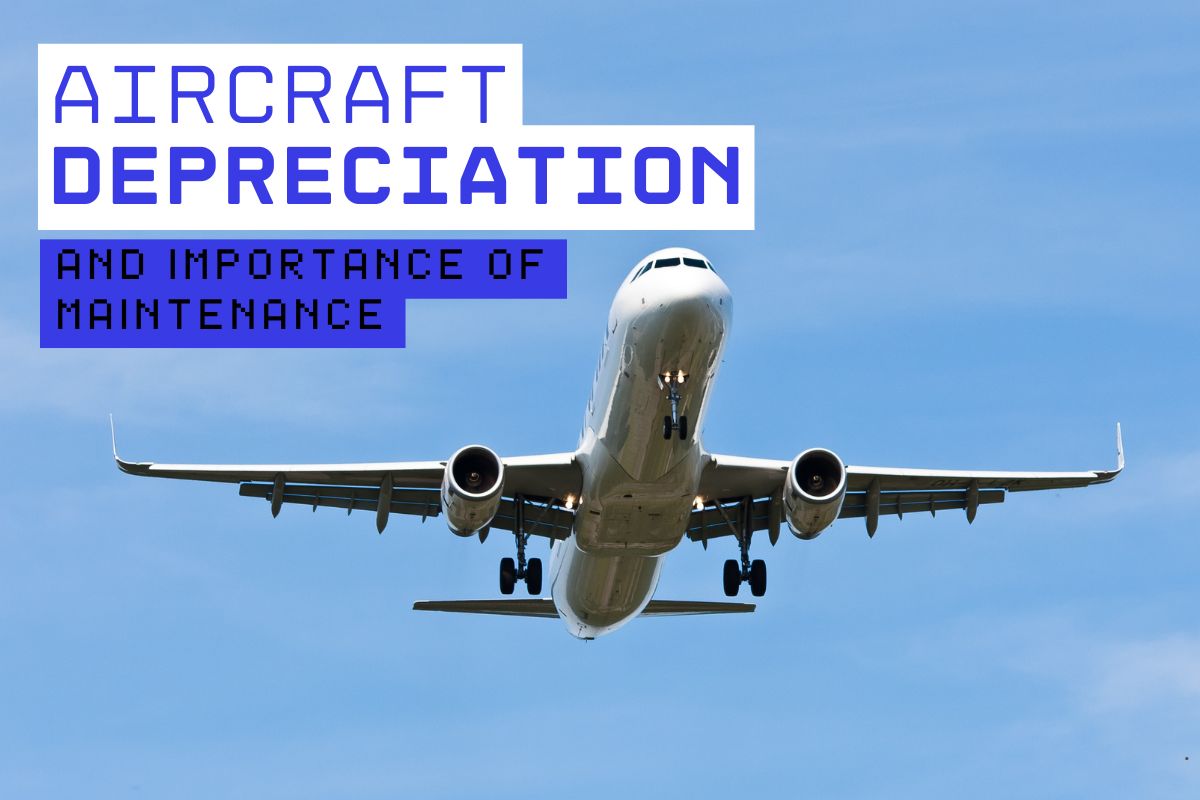
Published May 21, 2025
Owning an aircraft is a thrilling achievement, but it comes with serious financial considerations, including one critical factor: aircraft depreciation. If you’re a private owner, a charter operator, or part of a corporate fleet, understanding depreciation and the value of proper maintenance can help you preserve the long-term worth of your investment.
In this article, we will explore what aircraft depreciation is, the key factors that influence it, and how regular maintenance plays a crucial role in maintaining both safety and financial value. Plus, we’ll share how upgrading and maintaining avionics can make a real difference.
What Is Aircraft Depreciation?
Simply put, aircraft depreciation is the reduction in an aircraft’s value over time. Just like cars, houses, and machinery, planes lose value for various reasons, such as aging, wear, and market trends. Depreciation is a normal part of owning an asset, but for aircraft owners, it can significantly impact finances by influencing resale value and tax benefits.
Most aircraft owners calculate depreciation using the straight-line method, where the plane’s cost is divided by its expected useful life.
For example, if an aircraft costs $10 million and has a lifespan of 20 years, its value would decrease by $500,000 annually. This calculation provides a rough estimate of asset value for accounting and tax purposes.
Why Does Aircraft Depreciation Matter?
Depreciation plays several roles in aircraft ownership:
Accounting & Taxes
Depreciation affects book value and taxable income. Business owners often rely on depreciation calculations to maximize tax benefits.
Resale Value
Knowing an aircraft’s depreciation rate helps when it’s time to sell or trade it for a new model.
Financial Planning
For fleet operators, depreciation is a key factor in budget planning and assessing return on investment.
Understanding depreciation ensures you’re making informed decisions about your aircraft’s overall value.
Factors That Impact Aircraft Depreciation
Not all aircraft depreciate at the same rate. Several factors contribute to how quickly (or slowly) your aircraft loses value, including:
1. Aircraft Age and Usage
The older the aircraft and the more hours it’s flown, the more it depreciates. While regular use doesn’t necessarily mean rapid depreciation, poorly maintained aircraft with high usage will see faster value declines.
2. Condition and Maintenance History
Keeping detailed maintenance records can significantly boost resale value. Buyers are willing to pay more for an aircraft with a proven track record of care and regular maintenance.
3. Technological Advancements
Aviation technology evolves rapidly. Older models with outdated avionics or systems may depreciate faster due to obsolescence.
4. Market Demand
External factors, like market trends and economic conditions, play a big role. For instance, a shift in demand for fuel-efficient or long-haul aircraft can affect the value of older models.
5. Regulations
Compliance with aviation regulations matters. Aircraft with certified upgrades that meet new safety or environmental standards tend to retain more value.
6. Type of Aircraft
Business jets, commercial planes, and private single-engine aircraft depreciate differently based on market demand and utility. For instance, a corporate jet typically depreciates more slowly in financial terms than a regional commuter plane.
Why Regular Maintenance Is Crucial
Aircraft maintenance is not just about checking off regulatory boxes. It’s a proactive investment that keeps your asset airworthy, reliable, and valuable. Regular maintenance minimizes operational risks, ensures compliance with aviation safety regulations, and even helps slow down depreciation.
1. Preserving Resale Value
Potential buyers or appraisers look for a well-documented maintenance history. A plane with up-to-date servicing and avionics upgrades will likely command a better resale price than one with deferred upkeep.
2. Enhancing Safety
Maintenance isn’t just about dollars and cents; it’s about safety. Identifying and fixing small issues before they become larger problems can prevent costly repairs and reduce the risk of in-flight issues.
3. Extending Useful Life
Routine maintenance improves performance and stretches the aircraft’s operational years. It reduces wear and tear on critical components, ensuring the plane remains in optimal condition for as long as possible.
4. Reducing Long-Term Costs
While maintenance involves upfront costs, it saves money in the long run. Regular check-ups prevent unplanned downtime and future expenses tied to major overhauls or repairs.
The Value of Avionics Upgrades
One essential aspect of aircraft maintenance is keeping avionics systems updated. Modern avionics improve navigational accuracy, enhance flying efficiency, and often comply with the latest aviation standards. These updates can also significantly influence the depreciation curve by keeping your aircraft relevant in a competitive market.
Why We Recommend Palm Beach Avionics
At Palm Beach Avionics, we specialize in helping aircraft owners maintain and upgrade their avionics systems. We take pride in offering tailored solutions that improve performance, extend asset value, and enhance overall safety. Whether it’s retrofitting advanced autopilot systems or upgrading displays, our expert team ensures your aircraft meets the demands of modern aviation.
We understand that maintaining an aircraft is no small responsibility. With us, you’ll know your avionics are always in top shape, whether you’re flying recreationally or operating a busy fleet.
40+ Years Serving South Florida in Avionics and Aircraft Maintenance
Palm Beach Avionics has been dedicated to providing top-notch avionics and aircraft maintenance services in South Florida for over four decades. Our team of highly skilled professionals takes pride in delivering exceptional quality workmanship, ensuring the safety and reliability of every aircraft we service.

Fact Checked For Accuracy
Our team has fact-checked this article for accuracy. Read about the editorial standards we employ on our website to ensure your safety and wellbeing.

About The Author
Rei Bayucca is a private jet enthusiast and professional writer. With many years of experience, she crafts articles that educate and inform her readers.
